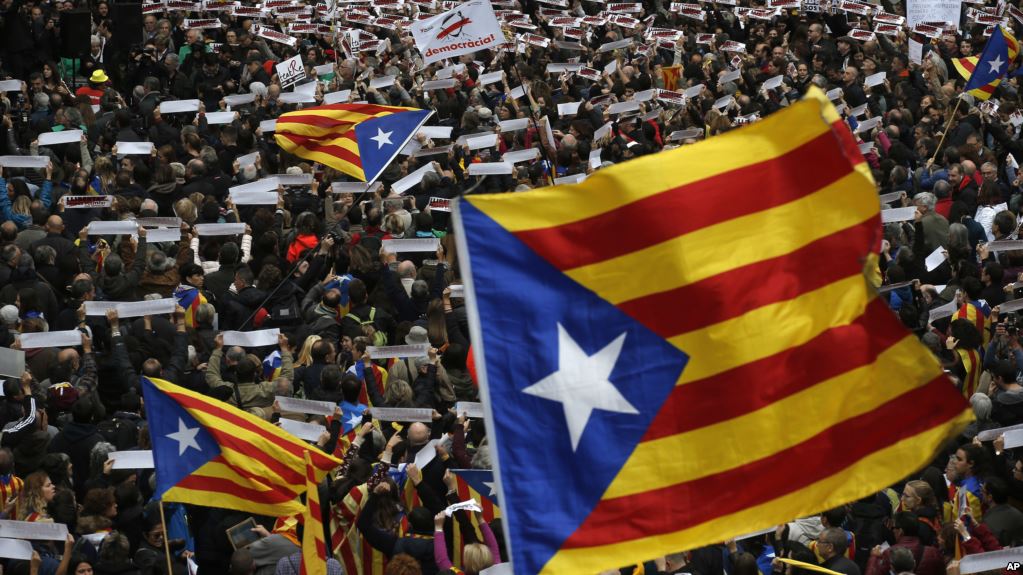Following increasing unrest and tension, recent events in Spain have seen the northern region of Catalonia declare independence from Spain. This is on the back of a controversial referendum (outlawed by the Spanish government) in which 90% of the 43% of the population who voted were in favour of independence.
The move for independence has been met by strong opposition from the Spanish government, with Spain’s Prime Minister Mariano Rajoy claiming that he is not prepared to allow “some people to liquidate [the] constitution.” This sentiment has been echoed by European Commission chief Jaen-Claude Juncker, who has said that the EU “doesn’t need any more cracks, more splits”. The Spanish government has responded by imposing direct rule over Catalonia and it could result in the firing of Catalan leaders, as well as a greater level of control from the Spanish government in the long term.
Catalonia’s economic strength as a region is indisputable, which is one of the many reasons why the Spanish government is reluctant for to part ways. They make up just 16% of the population of Spain, whilst producing 25.5% of exports, 19% of GDP and 20.7% of foreign investment. According to the Organisation for Economic Cooperation and Development (OECD), if it became independent Catalonia would be the 34th largest economy in the world – larger than Portugal or Hong Kong. Moreover, its GDP per capita would be around £27,000, making it wealthier than South Korea, Israel or Italy.
There is a widespread feeling in Catalonia that the region’s success is exploited by the rest of the country. As it continues to flourish in the face of Spain’s otherwise struggling economy, its inhabitants are not reaping the rewards but instead having to give away a disproportionate amount of their wealth in order to prop up the rest of Spain. Coupled with both language and cultural differences, as well as a complicated history surrounding separatism and autonomy, the appetite for independence certainly has precedency.
This being said, the region’s attitude towards independence is not as clear cut as it may first appear. While the referendum came out overwhelmingly in favour of it, less than 50% of the population had voted. In contrast, an opinion poll from earlier this year said that 41% of Catalonians were in favour and 49% against independence.
As tensions mount throughout the country, it seems increasingly unlikely that this conflict will be easily resolved. The police brutality in response to the referendum has simply served to heighten the criticism directed at the Spanish government, leaving them with less unequivocal support than before. At the moment, the path forward for parties of both sides is unclear and the end of the road is not yet in sight.
Rachael Dillon
[Image: VOA News]

